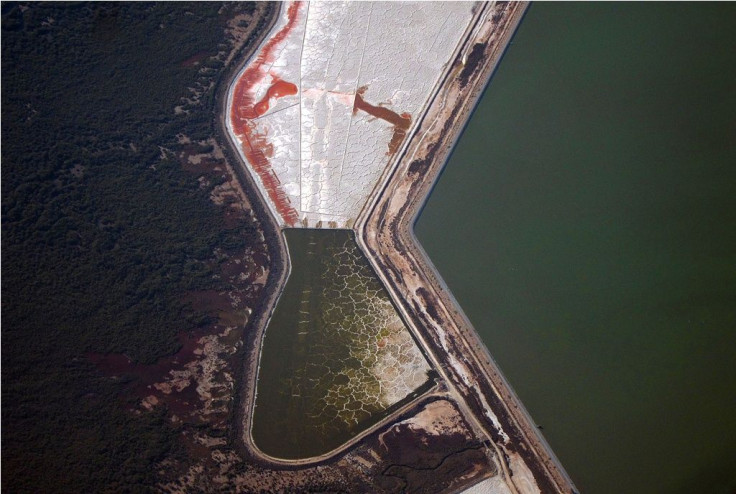NSW Mining Companies Lose Bid In High Court; Licences To Remain Cancelled

Two New South Wales mining companies, which had its licences cancelled after an Independent Commission Against Corruption inquiry, lost High Court bids as well. The NSW government revoked three mining licences in 2014 after the companies were found to have been involved in corruption.
According to the ICAC enquiry, former mining minister Ian Macdonald as well as a number of associates was involved in corrupt dealings while issuing the tenements. Cascade Coal’s Mt Penny, Glendon Brook and NuCoal’s Doyles Creek had the licences revoked after the enquiry.
Both companies challenged the validity of the Mining Amendment Act which was the prime basis of the NSW government’s decision to cancel the licences. According to the companies, the government did not act within its power while passing laws. The High Court, on the contrary, stated that it had been within the power of the NSW government to cancel the licences.
The companies will now have to provide all exploration data to the State Government and will not get any compensation. In addition, the companies are liable to paying the legal costs of the state of NSW.
According to acting Premier Troy Grant, the court decision ensured the on-going integrity of the resource allocation process. "The cancellation of these licences was recommended by the ICAC," he said. "The ICAC found these licences were tainted by corruption involving former Labor ministers Ian Macdonald and Eddie Obeid.”
All seven judges at the High Court believed that the cancellation of licences by the NSW government was "not an exercise of judicial power." The court further said that it precluded "no future determination by a court of past criminal or civil liability."
Nucoal’s chairman Gordon Golt revealed that the company was also seeking a NSW Supreme Court judicial review for the sake of its “innocent shareholders.” He said that the decision was pending while the company noted that the judicial review’s legal arguments were quite separate to those considered by the High Court.
Golt said that the company was disappointed by the High Court decision. However, its actions in the Supreme Court of NSW and under the U.S.‐Australia Free Trade Agreement would continue, he said.
Contact the writer: s.mukhopadhyay@ibtimes.com.au





















